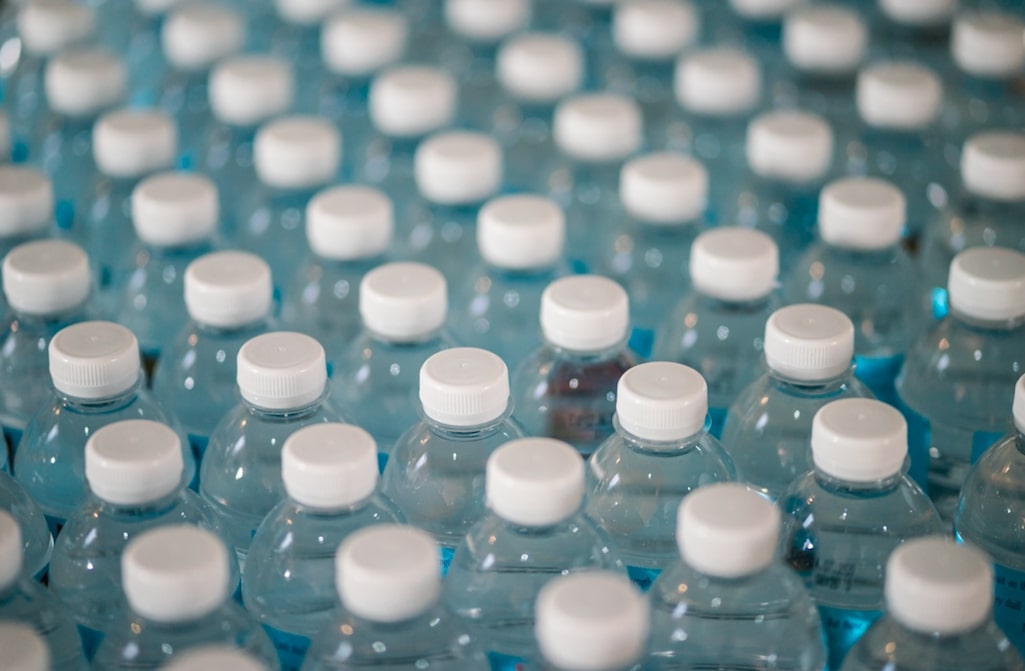Plastic has become an integral part of daily life, being the main component for devices, objects, and gadgets that humans use every day all over the planet. It was accidentally discovered in 1907 by scientist Leo Hendrik Baekeland, when he combined formaldehyde with phenol as an experiment. When he heated them, he discovered a new substance: plastic. He couldn’t know then how this new material would change the world, for better and for worse.
Though plastic has been a positive contribution to engineering, it has an infamous dark side that humanity faces. The material decomposes extremely slowly and doesn’t mix naturally with other waste. According to the Great Britain Royal Statistical Society, about 91% of plastic waste does not ever get recycled. Only about 12% of plastic waste is incinerated, leaving about 79% left to be part of landfills or litter.
The UN reports that the world produces about 300 million tons of plastic per year, which is almost the weight of the world’s human population. That means we do not recycle most of the plastic we create. About 25% of the plastic we use ends up in our rivers, lakes, and oceans. Marine life then ends up consuming the plastic we throw away, which hurts both them and humans who eat seafood. Studies predict that by 2050, there will be more trash in the oceans than fish.
With these less than uplifting facts, how can we combat the problem and protect our planet for the future? Entrepreneurs are taking matters into their own hands by creating products that help reduce plastic pollution and make recycling it easier. TerraCycle, based in Trenton, New Jersey, has created shampoo bottles made from plastic collected from waterways and beaches. Precious Plastic is working to build machines that convert plastic trash into new usable materials. The Amsterdam-based Perpetual Plastic Project repurposes plastic waste into objects from 3D printing. The Ocean Cleanup, also based in the Netherlands, is working on an innovative way of extracting massive amounts of plastic trash from the oceans.
Entrepreneurship is a helpful addition to solving the plastic problem. What’s also necessary is individual responsibility and government legislation. Humans can help to recycle, reduce their reliance on plastic products. Many states in the US are already implementing new laws that reduce the use of plastic straws and utensils in restaurants, ban plastic bags in grocery stores, encourage the use of reusable water bottles, and help curb waste in general. Many businesses and large corporations are banning or curbing single-use plastic items. Carlsberg Beer has banned plastic can rings.
With the depressing statistics on plastic, the best way to turn it around is to take action individually and collectively as a society. As individuals, we can do our part in helping to reduce our reliance on plastic for everyday life. Advocating for change on local, state, national, and international levels will help our planet for future generations.
